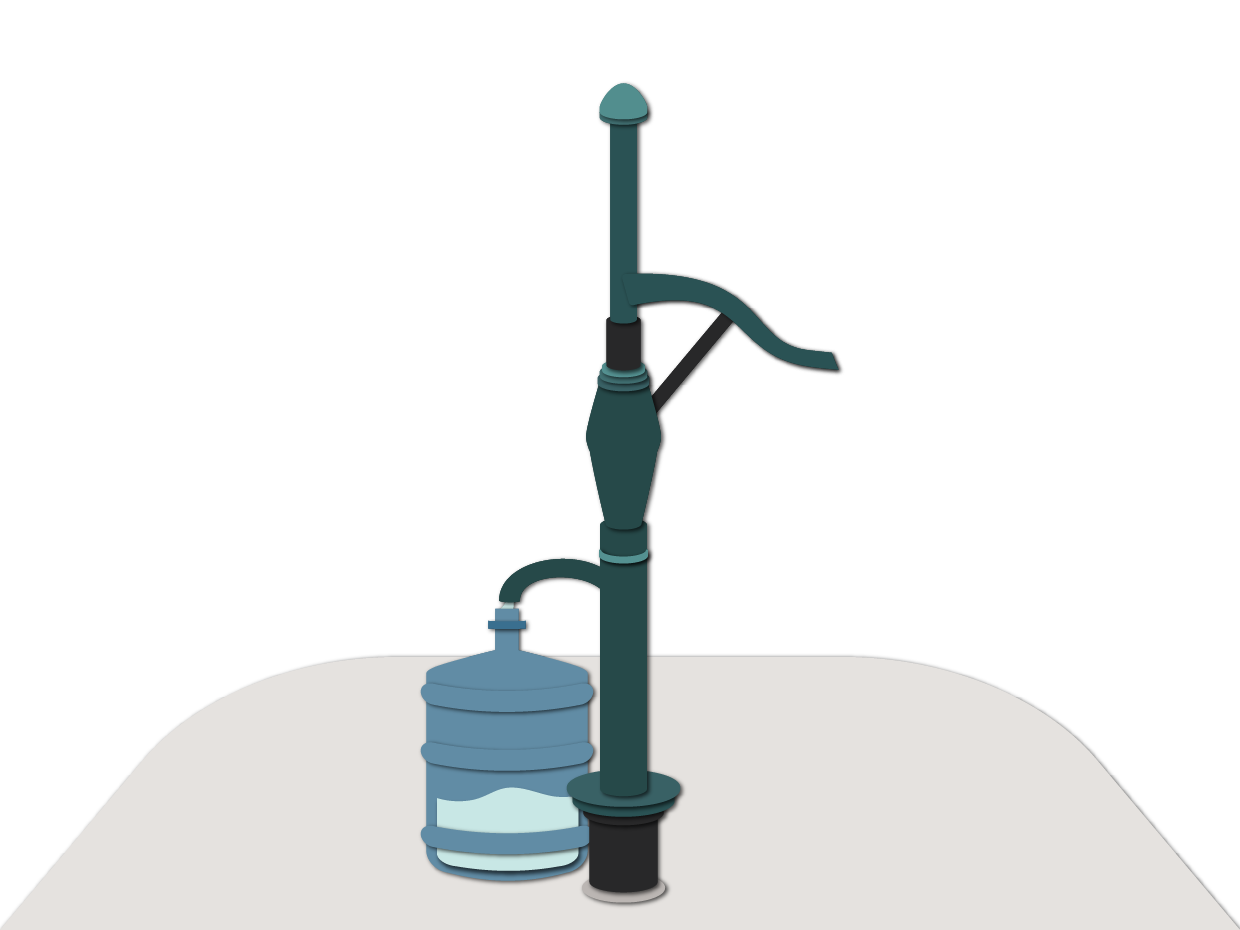Creating a budget is the first step towards building good financial habits. But reviewing your budget is important too. Your budget is meant to reflect your current financial needs, wants and goals. When your life changes, it’s a good idea to revisit your budget. Find out more about when to take a second look at your budget.
On this page you’ll find
Why is it a good idea to review your budget?
Budgets are tools that can help you reach your financial goals. They are not set in stone. A budget is meant to reflect your current financial situation. Your needs, wants and goals can often change, which means your budget may change too.
Your monthly budget can change for many reasons, from seasonal changes to life events. Updating your budget when things change shows you’re paying attention to your cash flow needs.
When should you update your budget?
When your life changes, it’s a good idea to review your budget along with your wants, needs and goals. Some opportunities to review your budget are when:
- You leave a job, or get a new job.
- You start a new education program.
- You move to a new home.
- You get married or divorced.
- You have a baby.
- You’re approaching retirement.
- You lose a loved one.
What questions should you ask when reviewing your budget?
Finding answers to key questions can help you target your budget updates. Consider asking yourself these six questions to determine which budget areas you should adapt to meet your current needs.
- Does your budget still reflect your financial situation? If your finances have changed, it makes sense that your budget will also need to change. For example, if you have a baby, your budget should reflect this. This could mean adjusting your fixed expenses to include your child’s needs.
- Has your income changed? If you’ve gained a new source of income, you could increase your budget for leisure, or set aside money for savings.
- Have any of your expenses gone up or down? If you’re regularly reviewing your expenses, you’ll see if they’ve increased or decreased. You may need to adjust things to keep on track to reach your financial goals. Your expenses may go up or down depending on seasonal expenses, inflation, or other factors.
- Do you have more or less debt? If your debt situation has changed, your budget should also reflect that. If you have an increase in debt, adapting your budget to focus on paying it off is a good idea.
- Have your financial goals changed? If your financial goals change, your budget should also reflect those changes.
- Does your budget still help you meet your financial goals? If you review your current budget against your financial goals, you may need to adjust your budget to stay on track.
Your answers to these questions can help you update your budget. Try setting aside time in your calendar to regularly review your budget.
Budgeting can also be a great tool to help you avoid behavioural biases and objectively see what financial decisions you should make to work towards your goals. Learn more about how to counteract your biases to make better decisions.
Use this budget worksheet to review and adjust your budget.
Summary
When your life changes, it’s a good idea to revisit your budget. Keep in mind:
- Budgets are tools meant to reflect your current financial situation, wants, needs, and goals.
- It can be helpful to set aside time to regularly review your budget.
- There are key questions you can ask yourself to help you target your budget updates. This includes ensuring your budget reflects your income, expenses, and debt situation.
